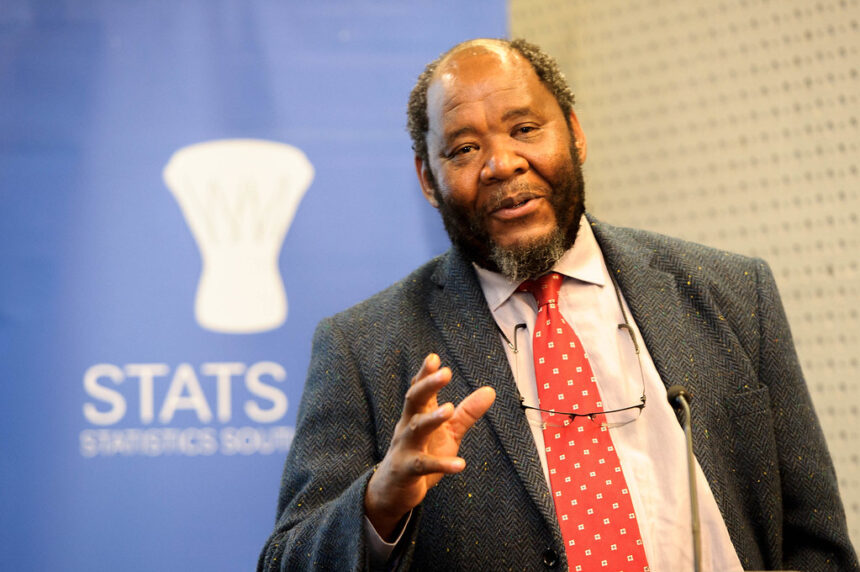Nate Anderson, the founder of Hindenburg Research (a prominent US-based firm that targets high-profile companies like the Adani Group), has announced the dissolution of the company.
In a press release posted on the website of the firm, Anderson stated, “I’ve made the decision to dissolve Hindenburg Research.” The plan was to close the company after we had finished the pipeline of concepts we were working on.
The announcement, which was made just a few days before Donald Trump’s inauguration on January 20, also addressed any speculations about the reasons for the decision.
Anderson clarified that his decision was not motivated by any personal issues or threats.
This decision marks an end to a controversial, but important chapter in the world of finance. Hindenburg’s investigations often led to significant market or regulatory fallouts for the companies that it examined.
Hindenburg Research has targeted businesses it believes to be involved in deceptive or fraudulent practices, mismanagement or fraud.
Its reports usually result in sharp stock prices declines, regulatory inquiries or lawsuits and resignations by key executives.
Some companies recover from the fallout while others struggle to regain the trust of investors, illustrating Hindenburg’s significant influence on market dynamics.
ICDlooks at the impact of the firm’s investigations on global giants as well as firms.
1. Adani Group
Hindenburg accused Adani Group in January 2023 of a pattern of stock manipulations, accounting fraud and misgovernance that spanned decades.
The report claimed that the conglomerate had used offshore shells companies controlled by associates to artificially boost stock prices and conceal debt.
Hindenburg referred to the questionable corporate governance practices. He claimed that family members held key positions within many firms, creating conflicts of interest.
The allegations led to a sharp drop in the Adani Group stock price, wiping out more than $100 billion of market capitalization.
Investor sentiment was affected by the group’s denial of the accusations. They called the report malicious and libelous.
In August last year it released another report accusing Madhabi Puribuch, the chairperson of India’s market regulator SEBI, of holding stakes in offshore funds with links to the Adani Group.
The new accusations further damaged Adani Group, which had recovered by then from its earlier losses. They were even echoed within the Parliament with the opposition demanding an investigation by a joint committee.
Adani Group shares rose up to 9% after the announcement that Hindenburg would be closing.
2. Nikola Corporation
Hindenburg, in its September 2020 report entitled “Nikola – How to Parlay a Ocean of Lies Into a Partnership With the Largest Auto OEM In America”, claimed that Nikola had released a video promoting its hydrogen-powered semi truck, the Nikola One. The video led viewers to believe it was fully functional.
The report claimed the truck was not functional and the video was staged.
The report accused Nikola, and its founder Trevor Milton, overstating the technological capabilities of the company.
Hindenburg claimed that Nikola was not a technology leader and instead outsourced components. This is contrary to what the company claimed.
Nikola is also accused of misleading investors about partnerships with large companies.
Nikola’s stock was allegedly boosted by a number of partnerships that were either exaggerated, or non-existent.
US Securities and Exchange Commission and Department of Justice launched investigations. Milton was convicted of fraud charges.
Nikola’s stock dropped by over 40% the days following the publication, bringing down its valuation and affecting the company’s reputation.
3. Block, Inc. (formerly Square, US)
Hindenburg published a report in March 2023 titled “Block – How Inflated Metrics and Frictionless Fraud’ Enabled Insiders To Cash Out Over $1Billion”. It accused Block of inflating metrics by counting fake accounts or duplicates as active users.
The report also claimed that Block’s Cash App Platform facilitated fraud including criminal activities like identity theft and unemployment benefits fraud during the COVID-19 Pandemic.
The report also revealed that Block insiders including co-founders Jack Dorsey & James McKelvey sold over $1 billion worth of company stock during pandemic.
Hindenburg said that the platform was plagued with fraud and other issues at the time these insider sales took place.
Block denied the allegations and called the report “inaccurate” and “misleading.” However, the stock price plummeted and concerns about fraud on fintech platforms increased.
4. Clover Health US
Hindenburg revealed Clover Health had failed to disclose an investigation by the Department of Justice into its business practices and its use of marketing agents.
Clover was also accused of misleading investors regarding its product capabilities and the market penetration.
The stock price plummeted and the company was scrutinized by regulators and investors. The report damaged Clover’s reputation, even though Clover denied any wrongdoing.
5. Lordstown Motors
Hindenburg accused the electric car maker of fabricating numbers for pre-orders to inflate their market appeal.
The company was also accused of being far from meeting production targets and facing serious financial and operation issues.
After the report, Lordstown’s CEO and CFO both resigned. The company also struggled to gain investor confidence.
Lordstown has faced financial and legal difficulties since then, including bankruptcy concerns.
6. Kandi Technologies (China)
Hindenburg accused Kandi overstating revenue through fake sales to affiliated businesses.
The report claimed that Kandi reported revenues of nearly 70% from such transactions. This created a circular money flow to mislead the investors.
Kandi denied these allegations, but stock prices took a dive, and the report raised concerns about the financial transparency of Chinese companies listed in US.
7. DraftKings US
Hindenburg claimed DraftKings subsidiary SBTech operated on gray markets and could be engaging in illegal gambling.
The report also claimed that the company’s connections to these markets presented regulatory and money laundering risks.
Stocks of DraftKings fell immediately following the report. Even though the company denied these allegations, questions remained about its compliance and marketing practices.
8. Okta
Hindenburg accused Okta of hiding operational weaknesses. This included losing key clients and failing address growing security threats.
The report questioned whether the company was transparent in disclosing such issues.
Okta refuted these claims, but investors were more skeptical about the company’s prospects for the long term and its operational health.
This post Hindenburg Research shutting up: Here are 8 companies the short seller took may be modified as new developments unfold.
This site is for entertainment only. Click here to read more






